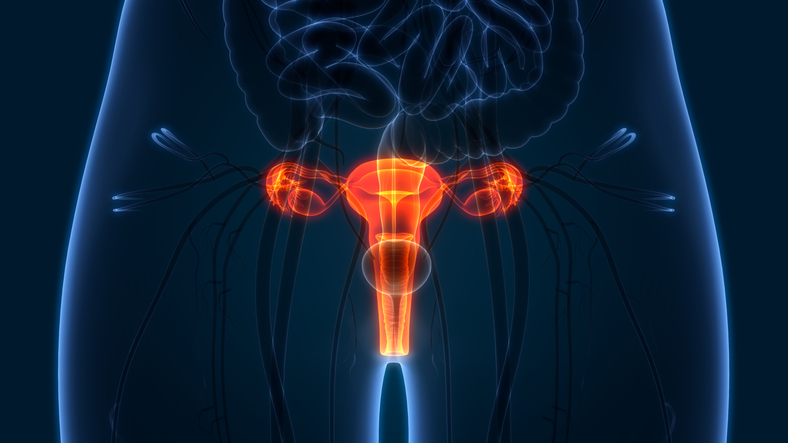
In 2018, infections caused 13% of all new cancer diagnoses, with more than 2.2 million new cases worldwide, according to a study published in The Lancet Global Health.
Researchers used the GLOBOCAN 2018 database of cancer incidence and mortality rates and estimated the attributable fractions and global incidence for specific anatomical cancer sites, subsites, or histological subtypes known to be associated with 10 infectious pathogens classified as human carcinogens.
The estimated 2.2 million new cases worldwide correspond to an infection-attributable age-standardized incidence rates (ASIR) of 25.0 cases per 100,000 person-years. The most common infections related to cancer were Helicobacter pylori (H. pylori; 810,000 cases; ASIR, 8.7 cases per 100,000 person-years), HPV (690,000 cases; ASIR, 8.0), hepatitis B virus (HBV; 360,000 cases; ASIR, 4.1), and hepatitis C virus (160,000 cases; ASIR, 1.7).
Region and income impacted outcomes
Infection-attributable ASIR was highest in eastern Asia (37.9 cases per 100,000 person-years) and sub-Saharan Africa (33.1 cases). Lowest ASIRs were observed in northern Europe (13.6 cases) and western Asia (13.8 cases). China accounted for one-third of worldwide cancer cases attributable to infection, driven by high ASIR of H. pylori (15.6 cases) and HBV (11.7 cases) infection.
The cancer burden related to HPV had the clearest relationship with country income level, with an ASIR of 6.9 cases per 100,000 person-years in high-income countries to 16.1 in low-income countries.
“When cancer prevention is largely considered in a non-communicable disease context, there is a crucial need for resources directed toward cancer prevention programs that target infection, particularly in high-risk populations,” the researchers concluded. “Such interventions can markedly reduce the increasing cancer burden and associated mortality.”






 © 2025 Mashup Media, LLC, a Formedics Property. All Rights Reserved.
© 2025 Mashup Media, LLC, a Formedics Property. All Rights Reserved.